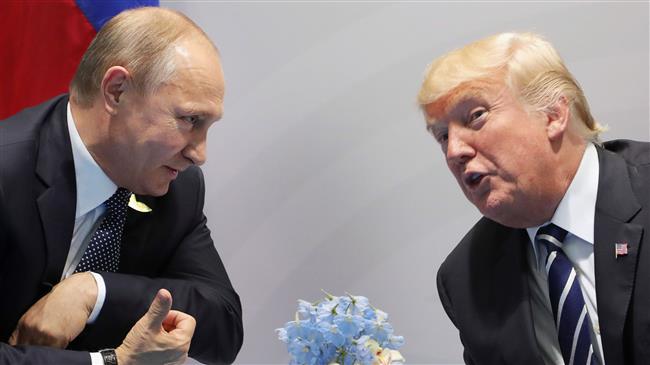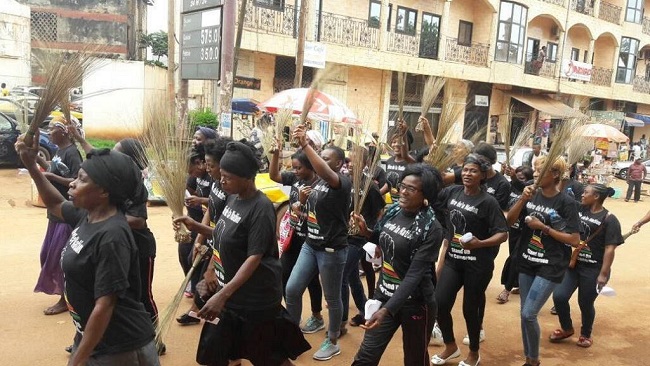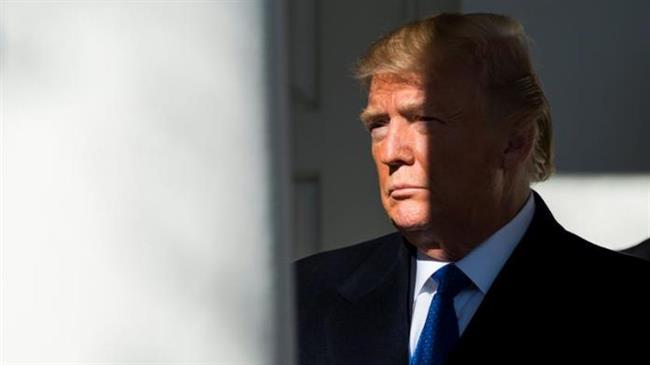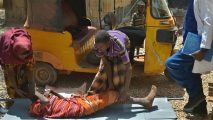7, May 2018
US: McCain regrets choosing Sarah Palin as running mate 0
John McCain, the seasoned senator of Arizona, says he regrets choosing former Alaska Governor Sarah Palin as his running mate during the country’s 2008 presidential race, and instead he should have chosen Joe Lieberman, a Democrat-turned-independent politician.
The New York Times reported on Saturday that McCain, while still defending Palin’s performance, said in his upcoming book, “The Restless Wave: Good Times, Just Causes, Great Fights, and other Appreciations,” that although his advisers had warned him that picking a vice-presidential candidate who caucused with Democrats and supported abortion rights would divide Republicans and doom his chances, he should still have proceeded and chosen Lieberman as is his vice-presidential nominee.
“It was sound advice that I could reason for myself,” he writes. “But my gut told me to ignore it and I wish I had.”
Many in McCain’s own party believe that, by selecting Sarah Palin as his running mate in 2008, he bears at least a small measure of blame for unleashing the forces of grievance politics and nativism within the Republican Party.
In addition to the book, the senator has also participated in a nearly two-hour HBO documentary, both of which are set to be released this month. In the HBO documentary McCain strikingly expresses sorrow for not choosing Lieberman calling it “another mistake that I made.”
Lieberman later said he did not know McCain felt that regret until he watched the film. “It touched me greatly,” he said.
The Times reported that Lieberman recently visited McCain, 81, at his ranch in Arizona where the senator is recovering from his brain cancer treatment and surgery for an infection.

New memoir
In excerpts of his book, The Restless Wave that will be published by Simon & Schuster on May 22, the senior senator from the state of Arizona says his battle with brain cancer has given him a sense of liberation to freely speak his mind.
“I’m freer than colleagues who will face the voters again. I can speak my mind without fearing the consequences much. And I can vote my conscience without worry.”
“I don’t think I’m free to disregard my constituents’ wishes, far from it. I don’t feel excused from keeping pledges I made. Nor do I wish to harm my party’s prospects. But I do feel a pressing responsibility to give Americans my best judgment,” McCain says in the excerpts released Monday by Apple News.
McCain, a Vietnam War prisoner, says he is bothered by the “scarcity of humility” in the current political climate in America.
Criticism of Trump
McCain openly criticizes US President Donald Trump in the book saying he seems to care more about “the appearance of toughness” than so-called American values.
“The appearance of toughness, or a reality show facsimile of toughness, seems to matter more than any of our values,” he says in the memoir referring to Trump.
“He has declined to distinguish the actions of our government from the crimes of despotic ones,” McCain writes in the book of Trump.
Source: Presstv































7, May 2018
The two Cameroons appear on the verge of a full-scale war 0
French Cameroun and Southern Cameroons are moving slowly but surely closer to a full-scale war, with fighting and belligerent rhetoric coming from Francophone political elites in Yaoundé and the Interim Government of Southern Cameroons/Ambazonia.
The Southern Cameroons crisis has already crippled the fragile economies in both Cameroons, and it has created new burdens on neighboring Nigeria precisely in the Cross River State and Benue regions.
In a recent audio message, Southern Cameroons Communications Secretary, Chris Anu said that French Cameroun soldiers have killed hundreds of civilians in Lebialem and Belo and were developing plans to bomb Ambazonian settlements.
Southern Cameroons Acting President Dr. Samuel Ikome Sako, speaking on the Southern Cameroons Television, said the French Cameroun attacks deep inside Ambazonia amounted to crimes against humanity. Dr. Sako has also rejected any peace talks with the Biya Francophone Beti Ewondo government, saying Francophone leaders only understood the language of the gun.
There has not been any strong condemnation of the atrocities committed by French Cameroun soldiers in Southern Cameroons from the international community. The Southern Cameroons government has stated that it will not agree to any negotiations until the President of the Federal Republic of Ambazonia, HE Sisiku Ayuk Julius Tabe and every Ambazonian arrested as a result of the resistance is release from detention.
President Biya has been addressing his troops via his kinsman Joseph Beti Assomo the Minister for Defense and praising them for the genocide currently going on in Southern Cameroons. The escalating tensions have been ongoing for over two years after Southern Cameroons declared its independence on October 1 two years ago to end decades of marginalization and economic apartheid.
The leadership of the Interim Government of the Federal Republic of Ambazonia pointed out that a lot of the issues were neglected and left unresolved in the 1961 Foumban Conference. Those critical issues include the maintaining of the Anglo-Saxon heritage and its system of education including the Common Law in British Southern Cameroons, a federal system of governance and sharing of the nation’s revenues.
An EU diplomat was heard murmuring privately in Yaoundé that President Biya is doing things that defy rationality. A senior adviser to the Acting President of Southern Cameroons/Ambazonia told Cameroon Intelligence Report that the two Cameroons will always need each other, but right now Biya has made things look like two people with their hands locked around each others’ throats.
French Cameroun military has employed massive firepower in strategic border points in Otu, Eyumojock, Tinta, Dadi and Ekok in the Manyu County. Social media images also shows heavy damage inflicted by troops loyal to the Yaoundé regime on Southern Cameroons villages and towns.
French Cameroun under Biya stand to suffer as the crisis unfolds. The government treasury is nearly depleted and food and fuel are likely to be in short supply. More fighting could precipitate a humanitarian crisis. The Roman Catholic Bishops of Cameroon recently observed that if the conflict goes on there will be a lot of people killed.
The fighting has already displaced refugees to neighboring Nigeria-a nation that is ill-equipped to help them. The Francophone government agents such as governors and SDOs including DOs have also made it difficult and dangerous for aid organizations to provide help for internally displaced Ambazonians.
A full-scale war between the Cameroons would pose serious problems for the Federal Republic of Nigeria and the Francophone countries in the CEMAC region. It’s time for intensifying crisis diplomacy but the two countries with the most influence in the Sub Sahara region France and the Federal Republic of Nigeria are maintaining a kind of deliberate silence.
France has invested heavily in Cameroon’s oil industry, but without a proper end to this conflict between the Cameroons, that oil will soon stop flowing. France is also a longtime ally of French Cameroun’s Biya but has never worked to develop ties with Southern Cameroons leaders. There is indeed no military solution to the crisis in Southern Cameroons.
source:www.cameroonintelligencereport.com